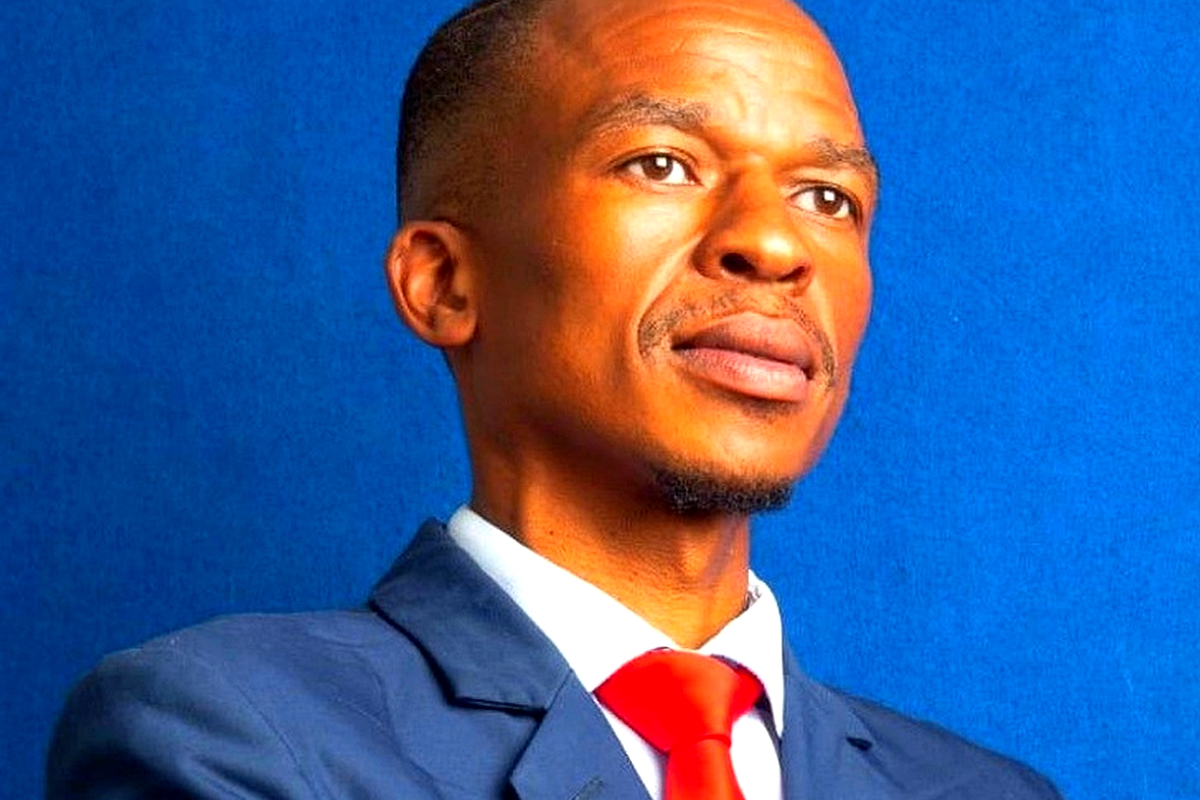AT this time of the year, people usually need money to pay school fees for their children. Incessant queues at banks and other financial institutions such as loan sharks are an indication that people demand money for various reasons.
business
Jan. 12, 2022
NEO SENOKO
4 min read
Savings culture critical - Tjapela

Founder of the Phuthalichaba Savings and Credit Cooperative Society Ltd, Tebello Tjapela
Story highlights
Closure of companies and factories owing to the COVID-19 pandemic has seen unemployment skyrockets, but life needs to go on. Amid the debilitating economic conditions, parents still need to pay for their children’s tuition.
Tebello Tjapela, a local economist who is also the founder of the Phuthalichaba Savings and Credit Cooperative Society Ltd, said people should work hard to avoid having any financial problems in December and January.
“People should be prepared for the two months so that they are cushioned against any unforeseeable financial shocks,” he said, adding that could only be done through savings.
He said a culture of savings should be instilled in Basotho. “We have to know the importance of saving - this has to be done against all odds,” said Mr Tjapela, adding that some people might complain that they earn little and therefore there was absolutely nothing that they could save.
“People have unlimited needs but scarce resources to finance them with,” he said. “People will never have enough to satisfy their needs but they have to continue living with those limited resources. The limited resources are what apply to everybody.”
If a person earned M1 000 a month, he said, such a person has to live within their means as it is economically fatal to live beyond their budget, adding it was imperative to consume after they had saved.
“It is not befitting for people to save after they have consumed,” he said.
He argued that income had to be shared depending on the needs of the person, adding that saving should be done every month, not just haphazardly.
“Saving has to happen regardless of how many financial problems a person is experiencing in a particular month,” he said.
“Fortunately, in the context of Lesotho, Basotho are able to form small associations in which they contribute small monies that they share at the end of year. With such associations, it is a sure sign that Basotho could save their monies.
“These small associations have different set-ups in the communities, taxi industry and in other different work places.
Enjoy our daily newsletter from today
Access exclusive newsletters, along with previews of new media releases.
“Seeing women come together to buy big groceries is a major achievement and, for now, such associations are still under the informal sector. What is only lacking is that they should be formalised so that any gaping holes could be plugged,” he said.
Mr Tjapela said formalising the associations would help a lot in helping them grow from one level to the next.
The money that the people share at the end of year is good enough to earn them a fortune, where the share could keep the wolves off the door.
If well planned and managed, the associations could place the members on rags-to- riches path.
Mr Tjapela believes that if people could instill this culture of saving, none of them would be seen on the queues seeking loans as loan sharks usually charge borrowers exorbitant interest rates, plunging them further into financial doldrums.
Some loan sharks charge as much as 30 - 40 percent interest rate per month, which is unfair because the micro finance institutions have to charge 25 percent annually on the money borrowed.
Countrywide, loan sharks always spring up, targeting people who in desperate need of cash.
There are a few micro-finance institutions in the country registered with the Central Bank of Lesotho (CBL) but most of them have still not registered, operating illegally.
For the borrower to get a loan from them, one has to leave behind their bank cards, identity cards or passports.
Mr Tjapela said savings were necessary to create a loanable fund for investment, adding that savings were also important to individuals because they would know where to go when they needed cash.
“The two months of January and December should not be shockers,” he said. “If people are not meticulous with their finances, they are likely to be trapped into debt for years.”






